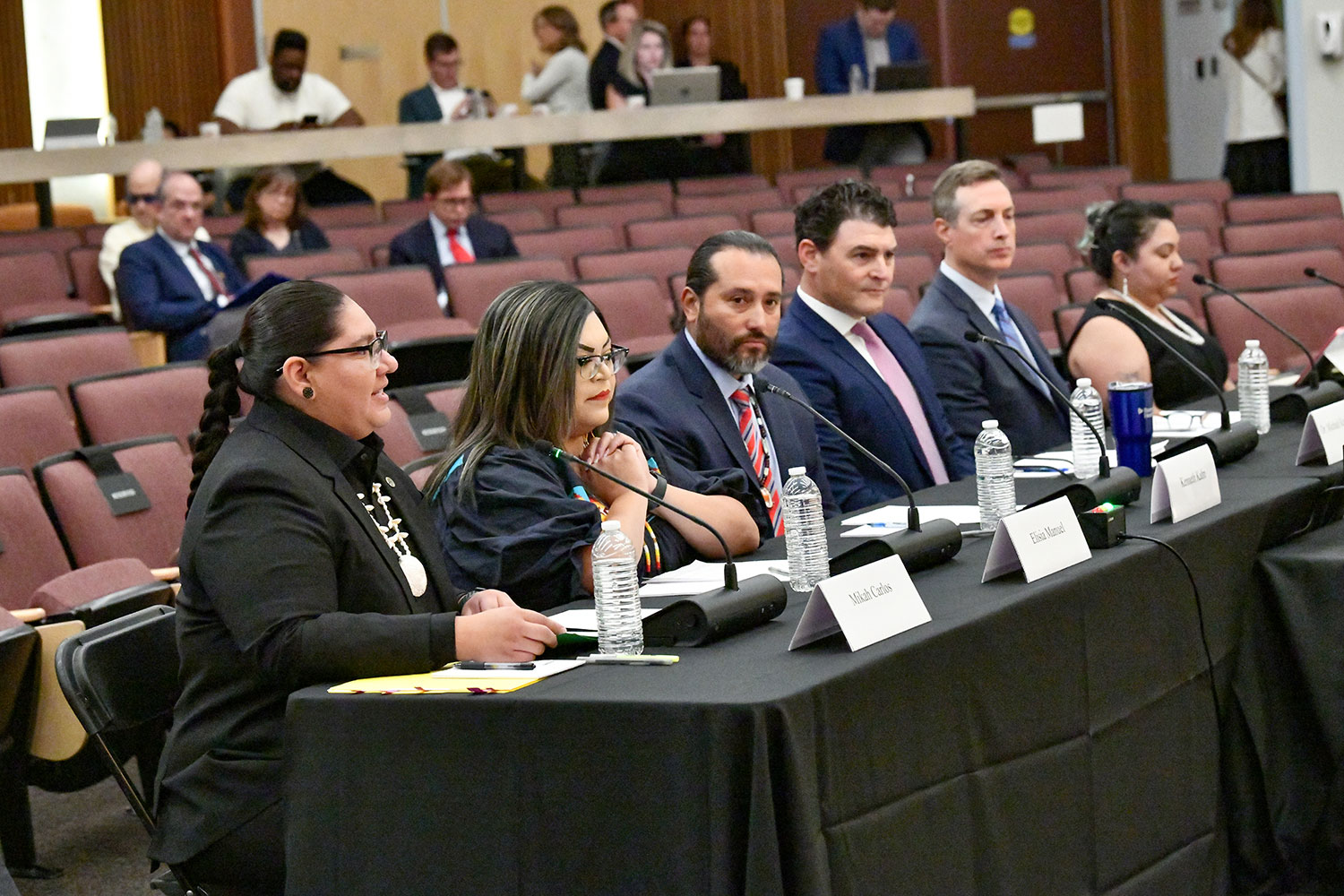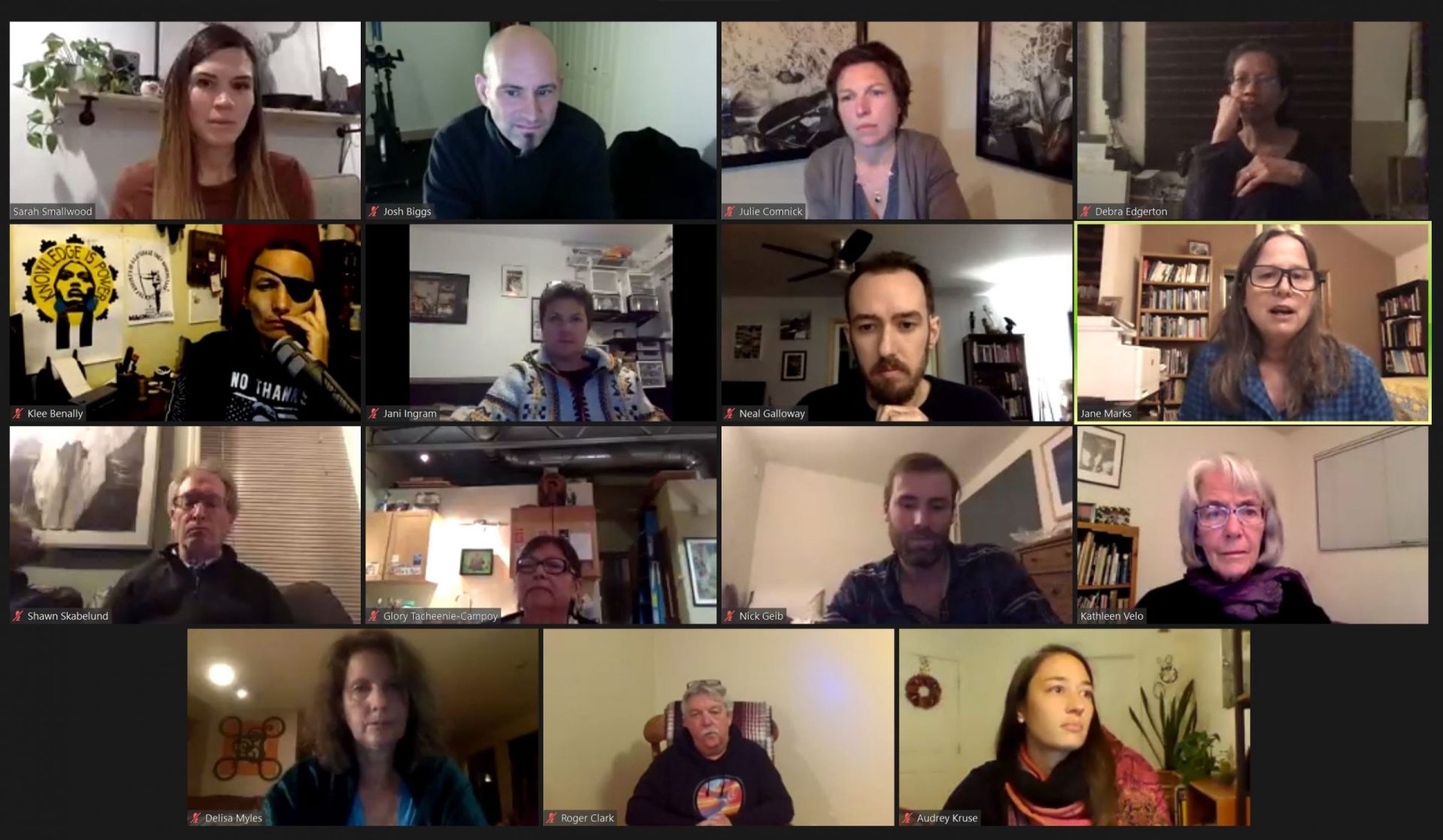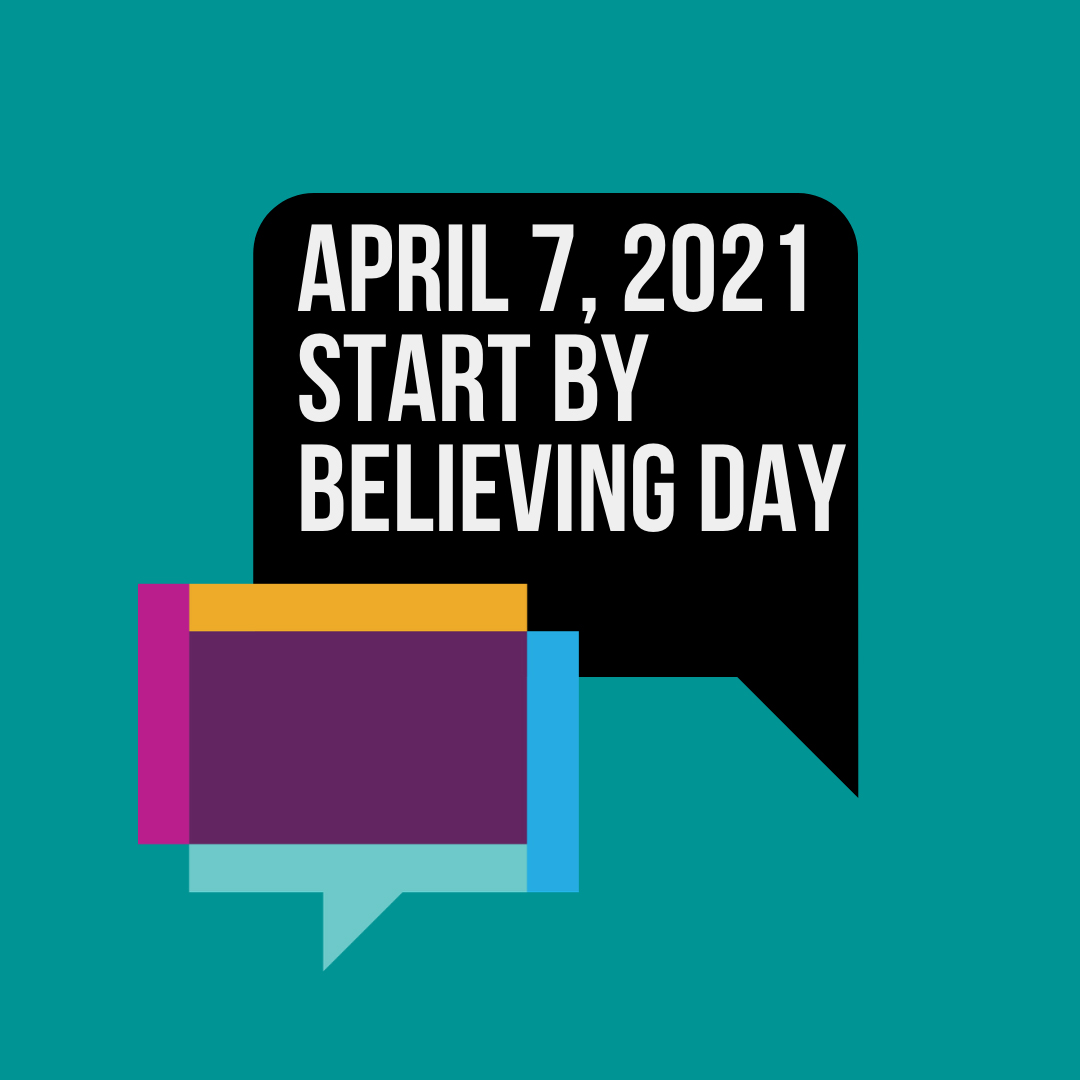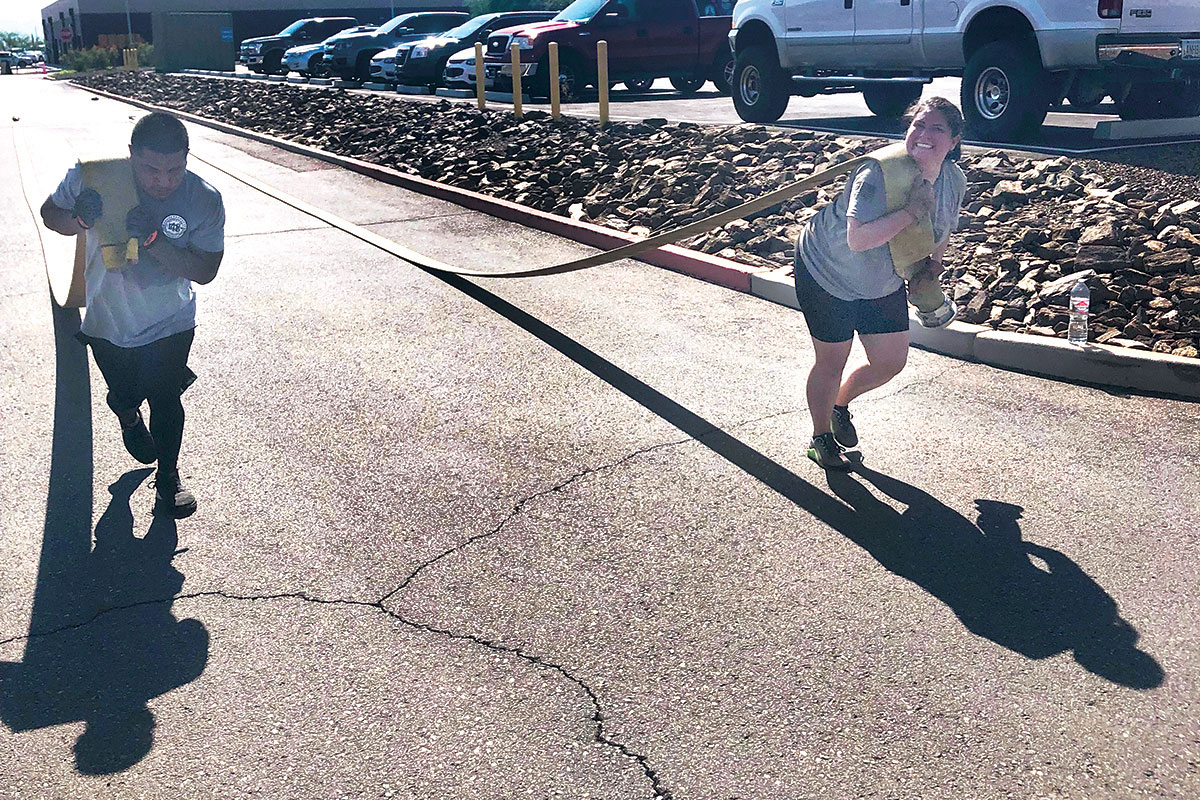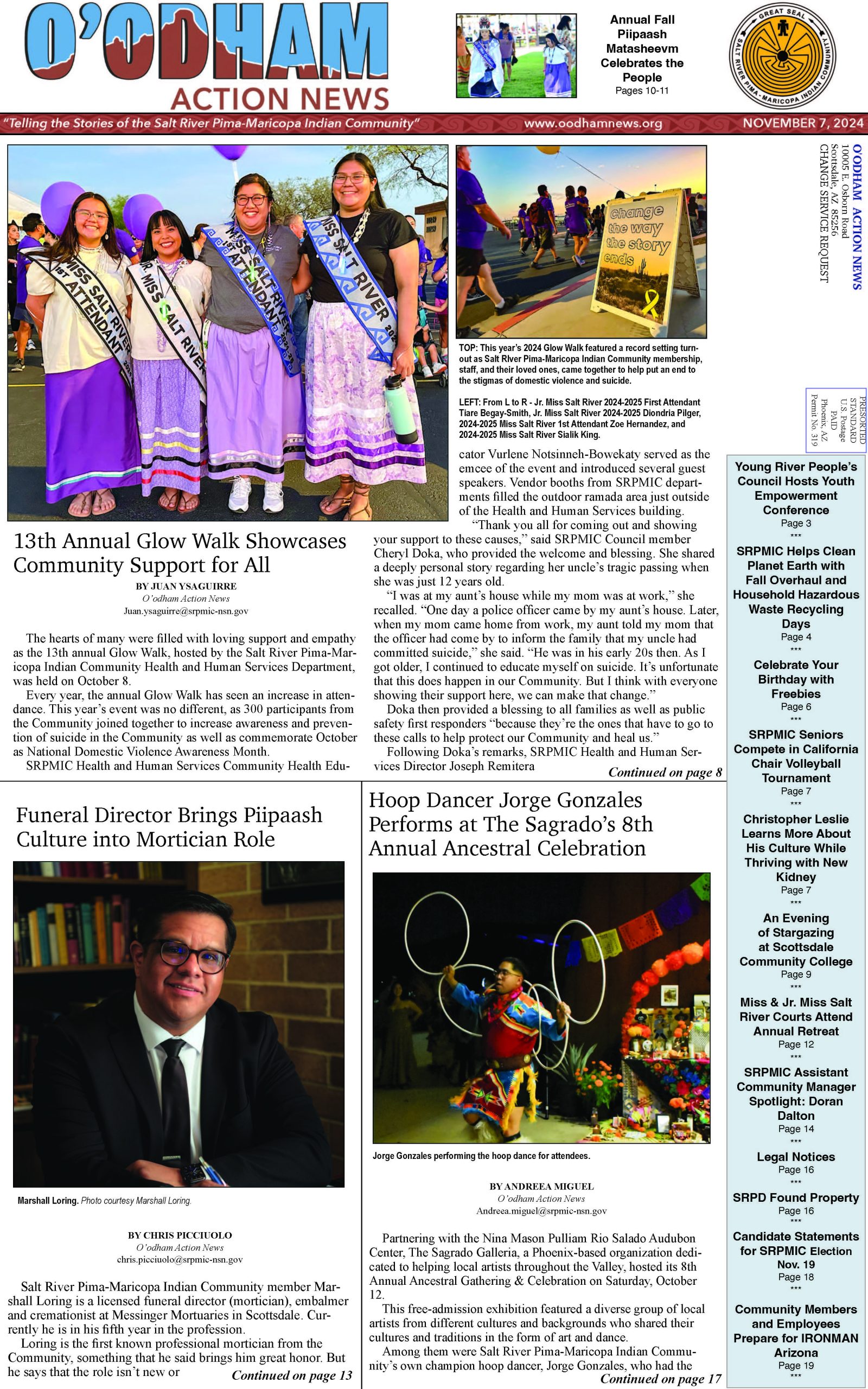VIEWS: 1114
June 6, 2024SRPMIC Hosts First-Ever Ways and Means Committee Hearing on Indigenous Land
Even though, when you look at it one way, the United States is technically located entirely on Indigenous land, on May 10, the Salt River Pima-Maricopa Indian Community hosted the first-ever House Ways and Means Committee hearing to take place on tribal land, at the SRPMIC Council chambers. The hearing’s topics included adoption, foster care and child-support issues within Native American and rural communities, in addition to exploring ways to improve access to rural healthcare and discussing pro-growth tax policies.
The Ways and Means Committee is the oldest committee of the U.S. Congress in Washington, first established in 1789.
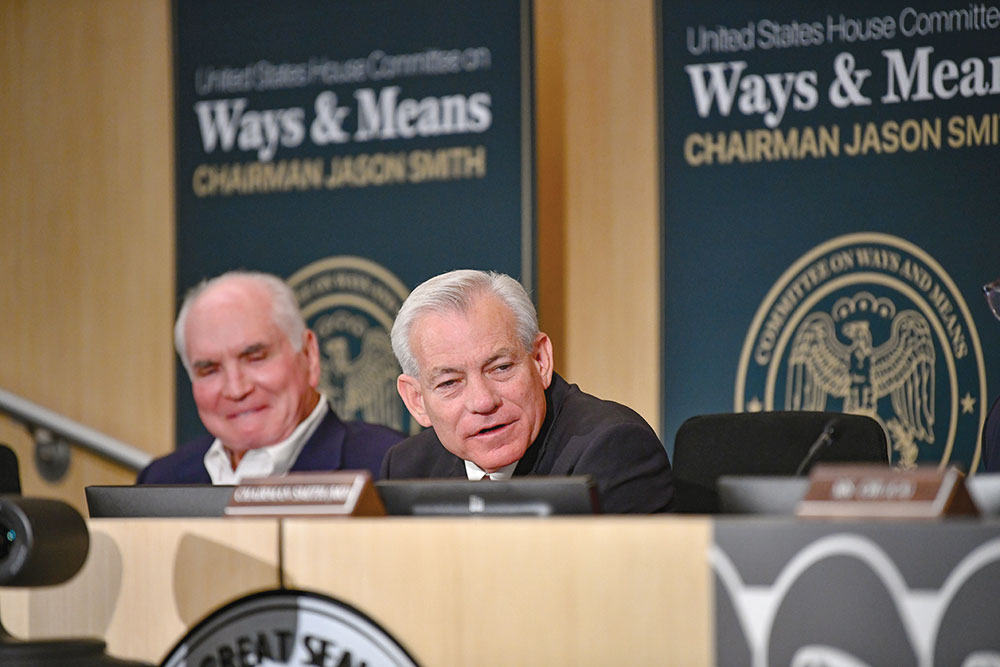
David Schweikert (R-AZ) attended The Ways and Means Committee hearing inside of the SRPMIC Council Chambers.
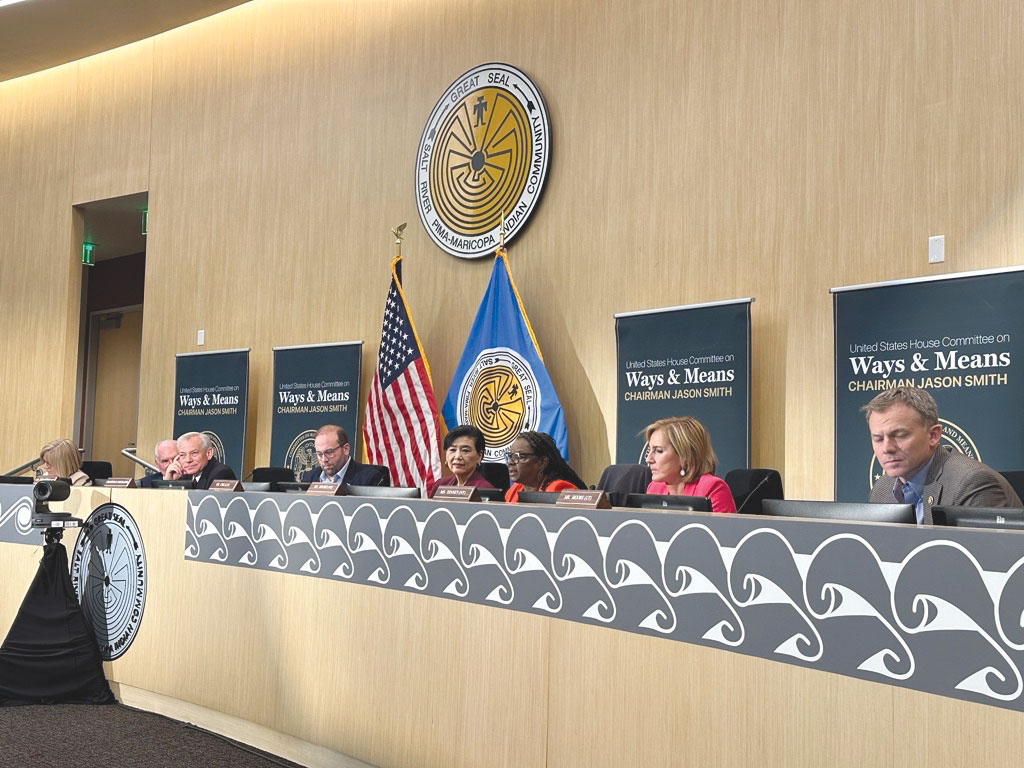
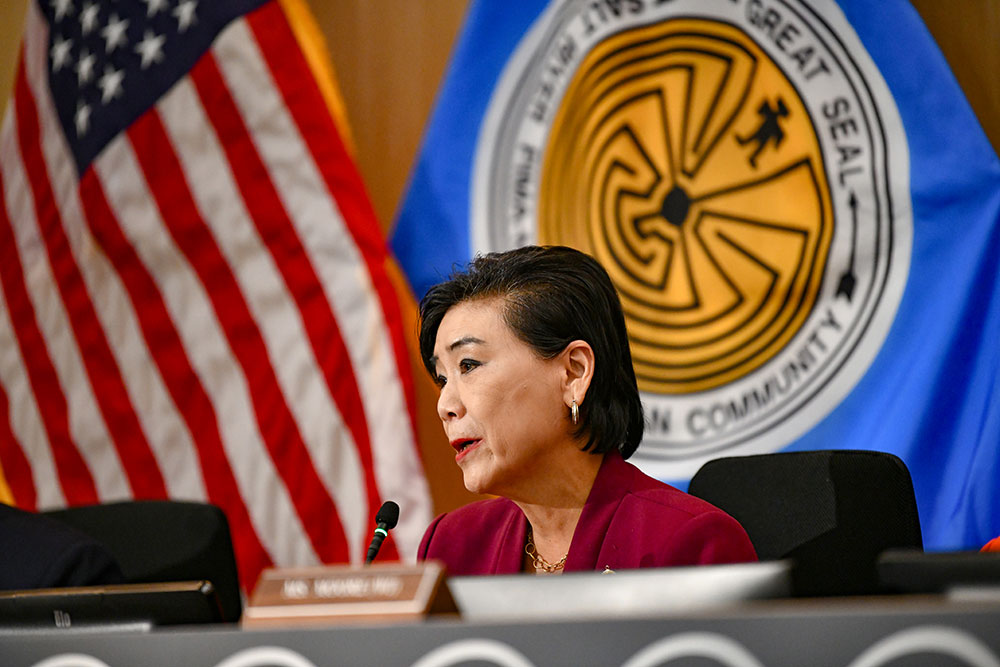
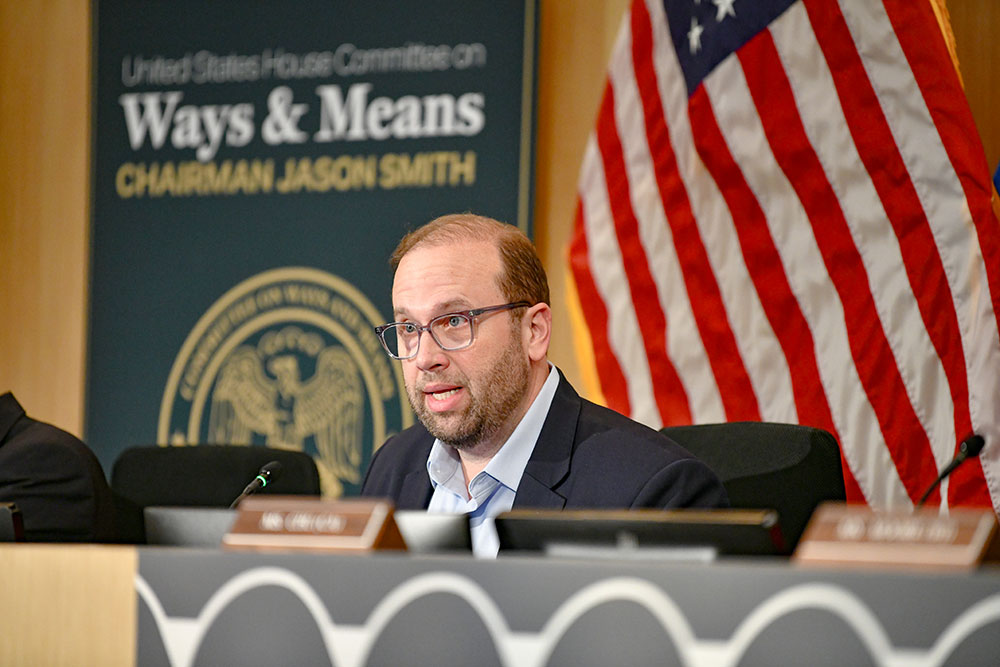
“This is the first Ways and Means hearing on sovereign tribal land in our committee’s 235-year history. It’s an honor to be able to make this history in the chamber where this Community exercises its right to self-governance,” said Committee Chairman Jason Smith during his introduction.
According to its website, the committee is currently traveling outside the halls of Congress to hold hearings around the country so that Americans who can’t afford to make the trip to the nation’s capital have the opportunity to add their voices and help shape the policies that impact lives every day.
Smith added, “We are here in Arizona to strengthen our government-to-government relationship and affirm our commitment to helping tribal communities prosper. Whether it’s improving healthcare or making our economy more innovative, the policies we craft must include the voices and perspectives of Native Americans.”
Joining Smith in person from the Ways and Means Committee were representatives Mike Kelly (R-PA), David Schweikert (R-AZ), Blake Moore (R-UT), Judy Chu (D-CA), Gwen Moore (D-WI), Claudia Tenney (R-NY) and Michelle Fischbach (R-MN).
SRPMIC Council member Mikah Carlos represented the SRPMIC, and joining her at the podium were honorary guest speakers Elisia Manuel, founder of Three Precious Miracles; Kenneth Kahn, chairman of the Santa Ynez Band of Chumash Indians; Michael Kupferman, M.D., MBA, senior vice-president of physician enterprise and president of Banner–University Medicine Division; Richard Morello, chief executive officer of CND (Cutaneous NeuroDiagnostics) Life Sciences; and Rachael Lorenzo, executive director of Indigenous Women Rising.
SRPMIC Testimony
SRPMIC Council member Carlos testified to the Ways and Means Committee and read a prepared statement which detailed her professional and personal histories and how reconnecting to the O’odham way of life is part of a positive and healthy well-being.
“When I started working directly for my Community, I managed programs that were tasked with reducing youth substance-use rates. I learned more about the factors that contribute to substance-using behavior, but more importantly, I began learning about how to prevent those behaviors before they start,” she said. “I learned about protective factors and how, when youth are connected to their culture and community, we saw lower rates of substance-using behaviors and increased resiliency to adversity.”
Carlos finished her opening statement by further detailing that continuing to introduce culture into Indigenous communities can, in fact, save lives.
“When we intervene with youth and develop protective factors that will reduce certain behaviors, [we can] improve lifelong health and achievement outcomes. This is why it is so important that we keep our future, our children, connected to [our] culture and our Community, because it means a healthy future [for] our people.”
Additional Testimony
Also testifying was Elisia Manuel (Traditional Apache name: Beautiful Sunflower), founder of Three Precious Miracles, a nonprofit that facilitates training, resources and cultural events for Indigenous children who are displaced. Manuel expressed her appreciation to the SRPMIC and the Ways and Means Committee for allowing her to testify during the historic hearing. During her testimony, Manuel stated that she and her husband Tecumseh support the Indian Child Welfare Act (ICWA). “We are proud parents of three beautiful children who were in the child welfare system. Our family is thankful for ICWA,” she said.
Manuel added, “In January 2023, we became licensed foster parents to two children. The next month, we were contacted [and told] that a baby boy needed a forever home. While we were at the hospital picking up our son, we were told that a baby girl was in need of an ICWA-compliant home. She had been placed into foster care by a non-ICWA case manager and into the home of a non-Native family. That summer, a judge ruled in our favor and placed her with us, upholding ICWA, the way Congress intended,” she said.
Q&A Session
When the floor opened for questions, Rep. Schweikert (R-AZ) asked SRPMIC Council member Carlos several questions pertaining to foster children’s culture remaining at the forefront of their upbringing. “If you were a non-Native family, the ability to build cultural sensitivity, trainings and relationships [with Indigenous tribes]—A. does that exist? And B., considering the scale [of the challenge with Indigenous foster children], is that a possibility?” asked Schweikert.
“Yes, we provide a robust opportunity to come back to the Community,” explained Carlos. “We offer multiple services before a child is placed [in a foster home] to provide them with an understanding of the importance of their culture and who they are,” she said.
Following Rep. Schweikert’s questions, Rep. Chu asked Carlos if she could detail how local and federal agencies work in collaboration with Indigenous tribes, specifically with the SRPMIC.
“Our tribe has a unique relationship with Maricopa County,” Carlos stated. “It allows us to have a greater say in these very life-impacting decisions that are happening to our children. It also allows us to connect with families outside of our reservation for them to be able to receive the services we provide,” Carlos stated.
Committee Chair Smith then concluded the first-ever Ways and Means committee hearing on Indigenous land, thanking the SRPMIC and committee representatives for their participation.
“I want to thank each and every one of you. I appreciate the commitment you all have,” he said as he swung the gavel and officially brought the hearing to an end.

